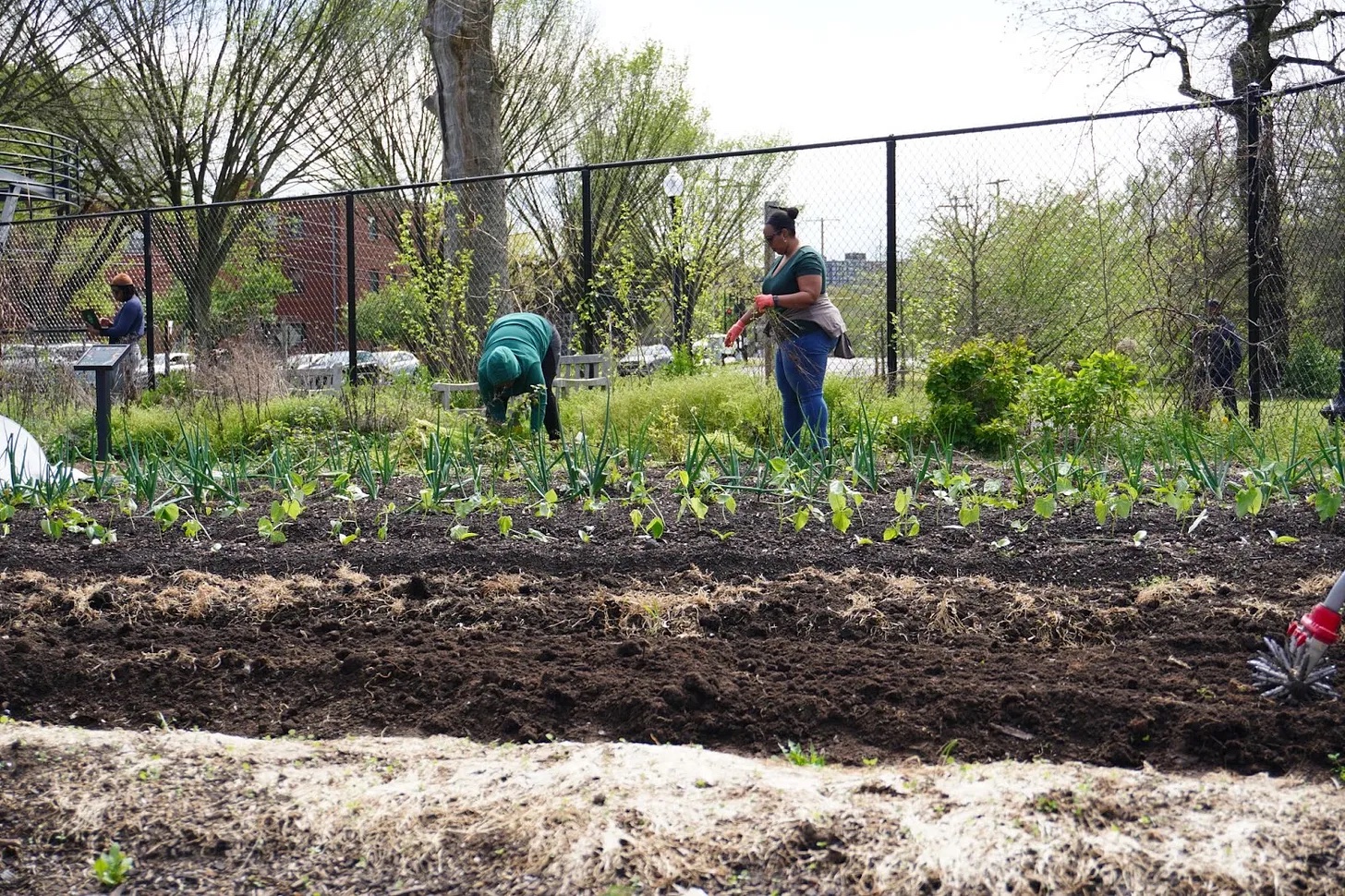
Antalya Maleno

Antalya Maleno
For years, Washington, D.C. resident Kenneth Bridgers drove hours to a communal farm in Preston, Md. to harvest the produce he grew and bring it back to his community in Washington, D.C.’s Ward 8.
According to Bridgers, he felt motivated to pick up agricultural work after witnessing several grocery stores close in the area. He wanted to provide his neighbors with what those store closures took away from them: nutritious fresh food.
Today, Bridgers works as a farm manager just yards away from his childhood neighborhood for an urban farm created by DC Greens called The Well at Oxon Run.
“I’m truly grateful to have the opportunity to come back home, come back to my community and be a steward of this space,” Bridgers said.
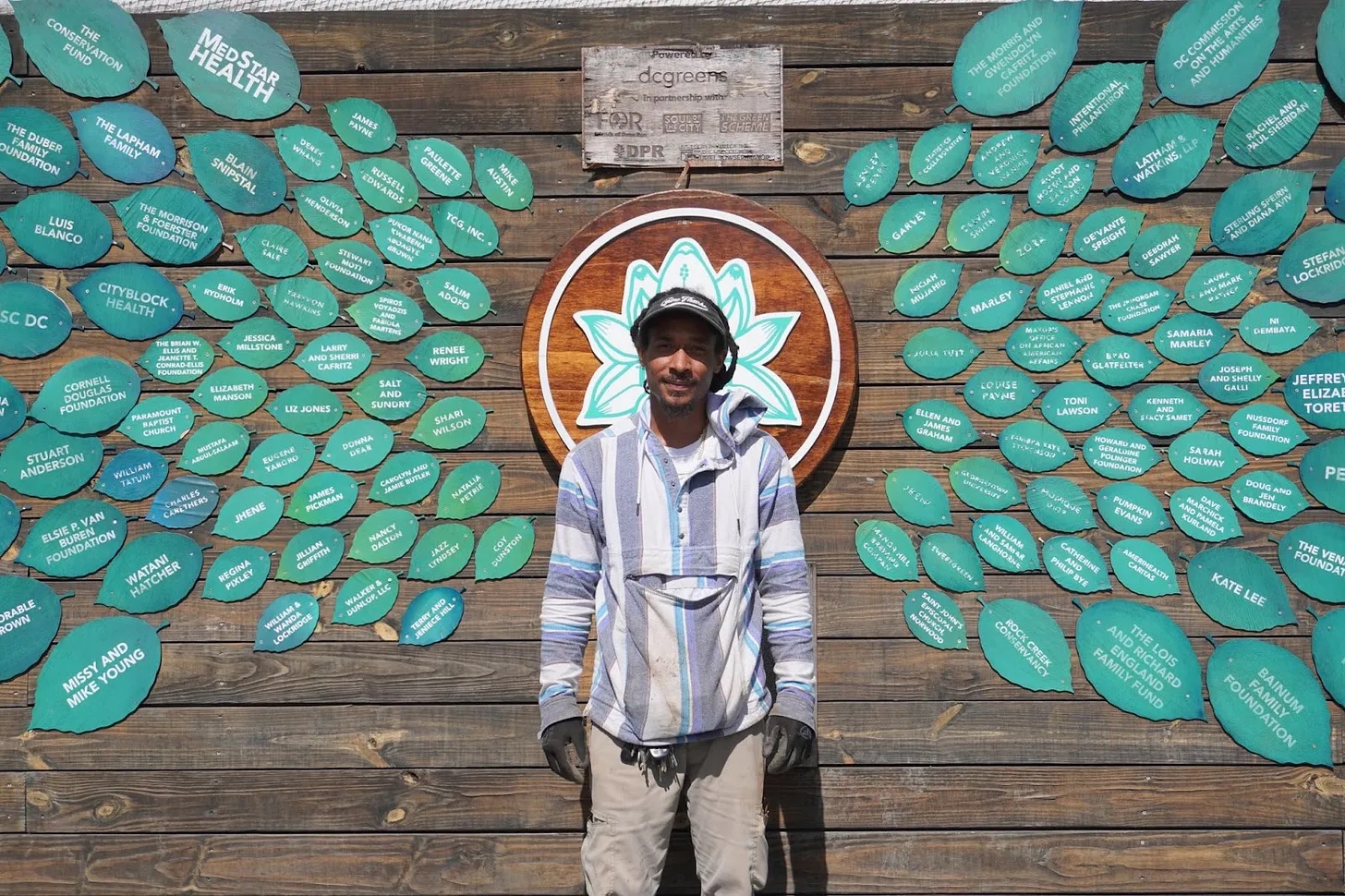
DC Greens is a non-profit that focuses on elevating health equity by increasing the accessibility of healthy foods. One of the ways they have pushed towards this goal is through the establishment of The Well — a community farm focused on giving away healthy foods at no cost, teaching residents how to grow their own produce, and connecting the community to nature.
In 2018, DC Greens lost their K Street urban farm to the establishment of a Pepco electrical station. In response to the loss, the organization began planning for a bigger, multi-use community farm called The Well. Three environmental non-profits — DC Greens, The Green Scheme, and Friends of Oxon Run Park — began fundraising for the space.
With the help of local donors and D.C.’s Department of Energy and Environment, The Well opened for its first growing season in June of 2022. The Well harvested 4,000 pounds of fresh food in 2023 and reopened for its third growing season in March 2024.
The project was in response to Ward 8’s growing food insecurity issue. D.C.’s southernmost district offers only one full-service grocery store for its nearly 90,000 residents — down from three in 2016. Lack of access to fresh food can contribute to health issues such as diabetes. In Ward 8, residents are four times more likely to have the disease.
This scenario is often described as being a “food desert,” however staff at The Well reject this term, instead calling it, “food apartheid.”
“A desert is naturally occurring,” Bridgers said. “This is more systemic, structural and man-made. Food apartheid speaks to the intentional segregation of access of resources to a group of people.”
The term “food apartheid” was first coined by political activist Karen Washington. Washington noted the term “food desert” ignores the systemic racism which affects a community’s ability to access a healthier variety of foods.
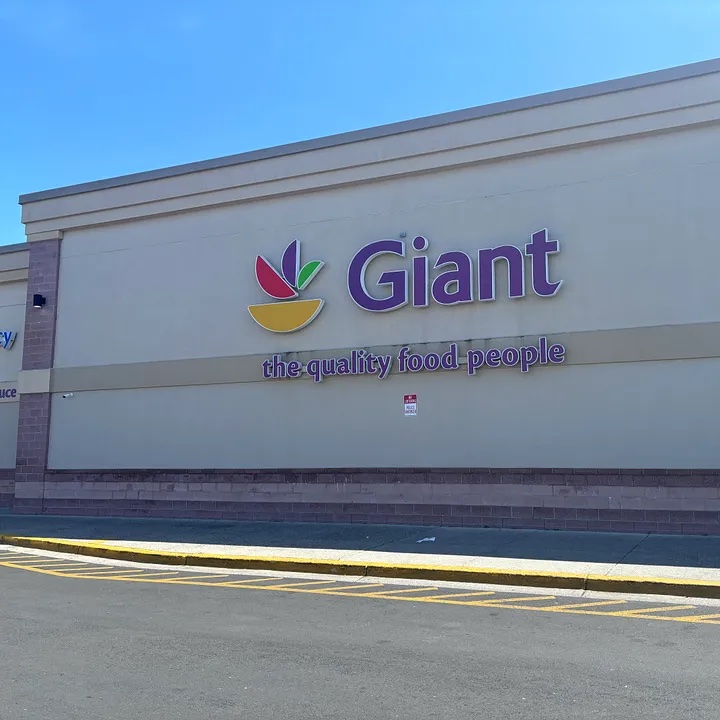
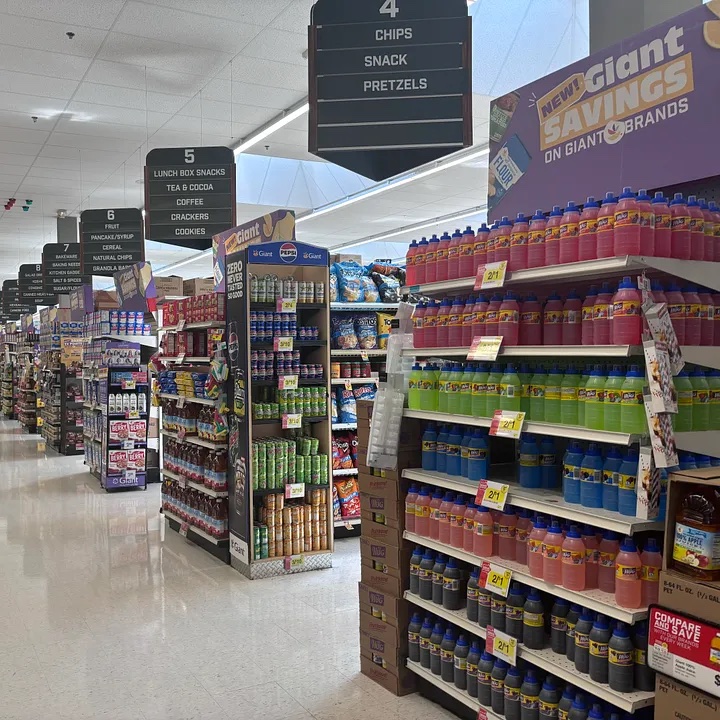
Many in Ward 8 face compounding issues in attaining fresh foods from the lone Giant Food grocery store on Alabama Avenue SE because of financial and transportation concerns.
David Outlaw, a resident of Ward 8 regularly shops at the sole grocery store. Outlaw said he had never heard of The Well but thought it was similar to Martha’s Table, another program he participates in.
For residents like Outlaw who have never heard of The Well, its location is easily accessible as the farm sits at the intersection of the Bellevue, Congress Heights, and Washington Highlands neighborhoods.
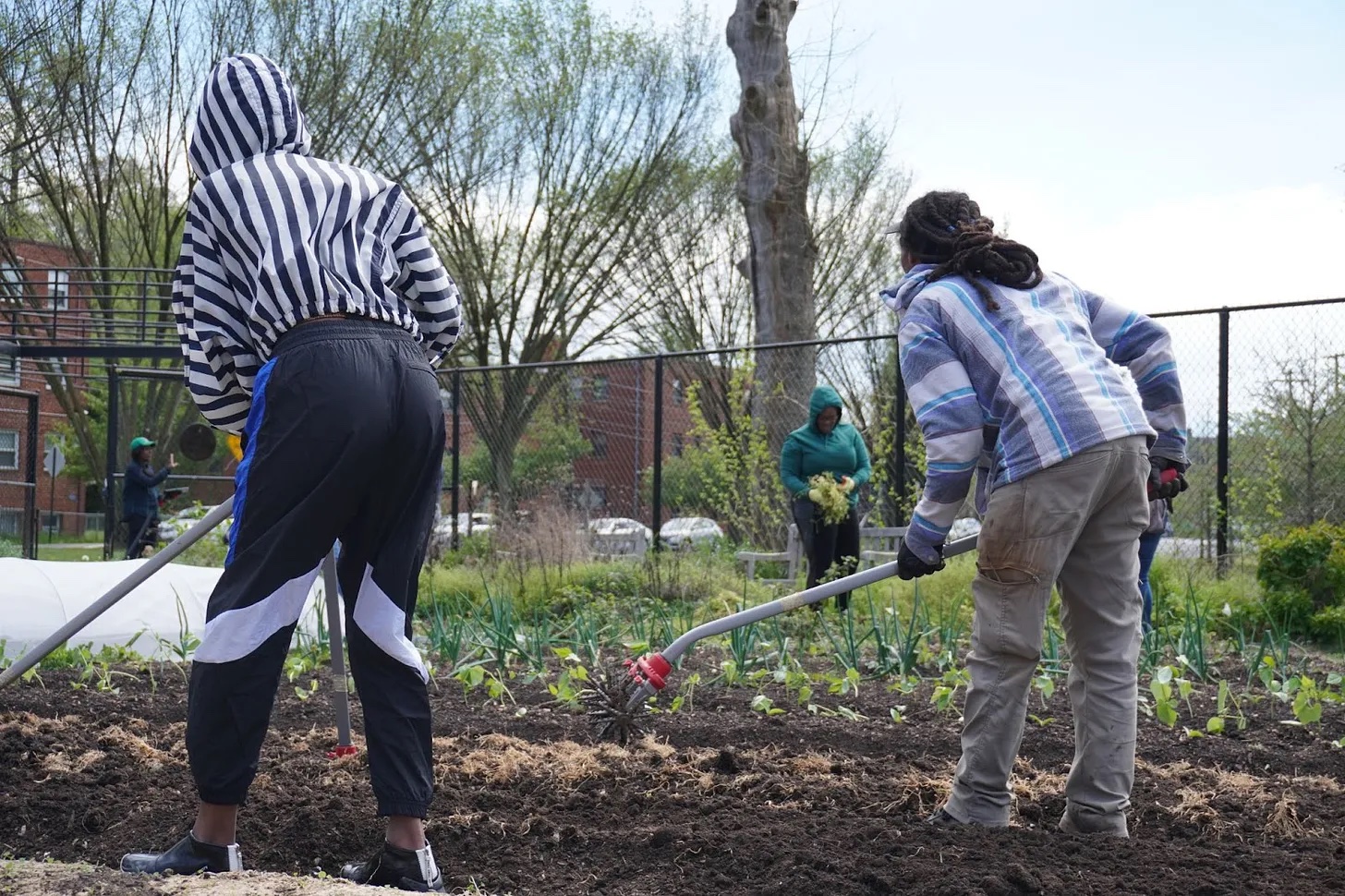
Bridgers compares The Well to a “lighthouse” as its location attracts residents towards each other.
“We use food as an entry point to connect with community members,” Bridgers said.
Melanie Guerrero works as the program coordinator for The Well. Guerrero knew she wanted to both work outside and within the community. She jumped around working with different farmer’s markets before landing a home at the communal farm.
“I knew I wanted to be around people who wanted to be outside,” Guerrero said, chuckling.
Guerrero explained that the farm engages in regenerative agriculture to grow its foods. This means the urban space uses no pesticides, synthetic fertilizers, or machinery to upkeep the space.
The farm boasts about not ordering anything from suppliers like Amazon or Home Depot. Instead, farm manager Bridgers creates natural fertilizers and insecticides from organic material already at the farm.
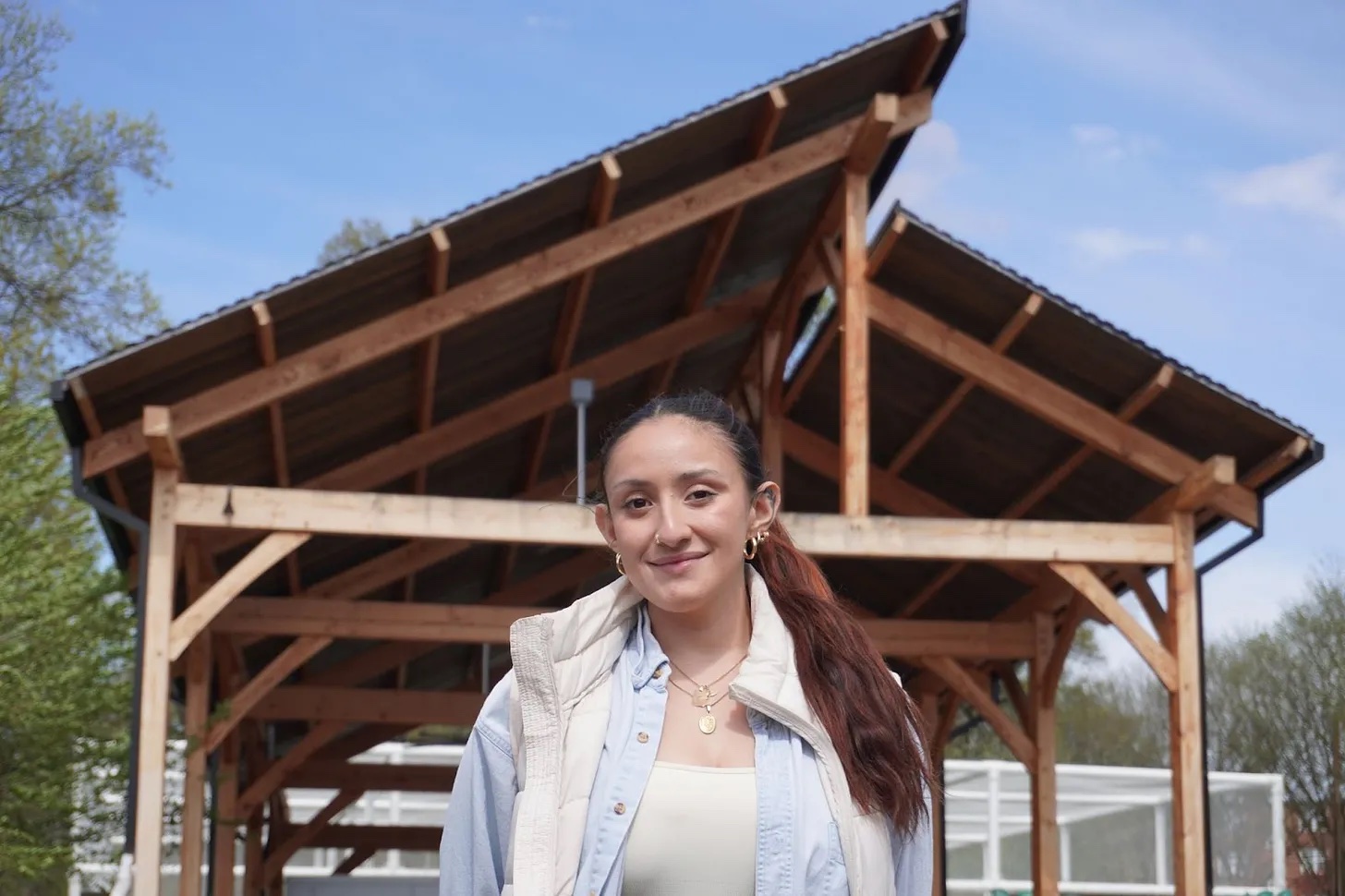
Beyond growing food, the farm hosts events like yoga, painting parties and environmental education classes to engage residents with their community. Guerrero added that The Well is more than an opportunity to learn about agriculture and access food.
“I would really describe this space as a healing opportunity inside and out,” Guerrero said. “It’s an opportunity to learn about how food is grown and access fresh food, but then also do something for yourself spiritually, mentally, physically.”
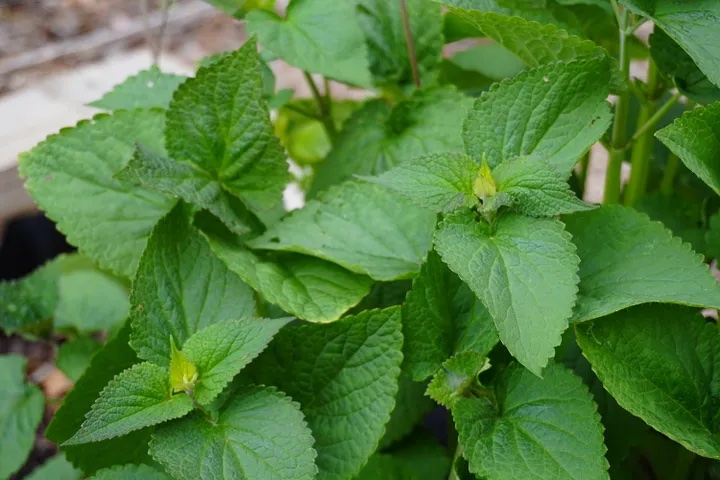
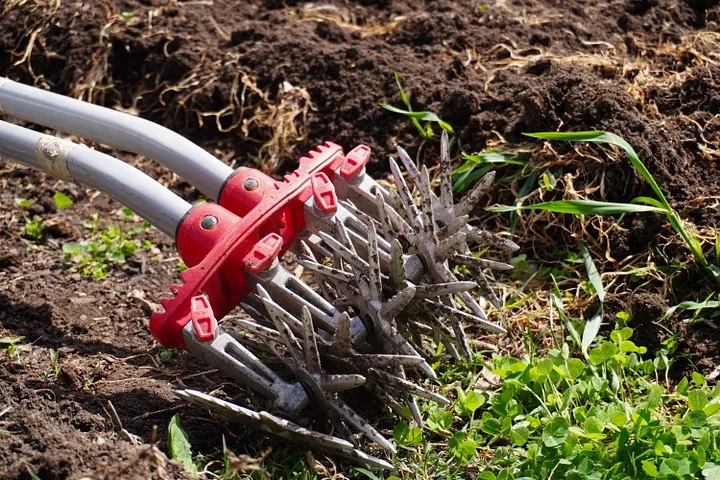
Charles Rominiyi supervises operations at The Well. He shared that community members expressed a desire for a safe, multi-use, natural space comparable to a public library or recreational center.
“The Well is an answer, or a response, to a community need,” Rominiyi said. “Everyone knows the statistics about grocery stores in Ward 8. You see how that barrier disrupts the everyday lives of people living in this community.”
Before Rominiyi got involved in The Well, he found his love for community engagement when he was an AmeriCorps volunteer for Metro TEENAids — a nonprofit in Washington, D.C. focusing on youth AIDS and HIV prevention. After that, he maintained school gardens for the DC Office of the State Superintendent of Education.
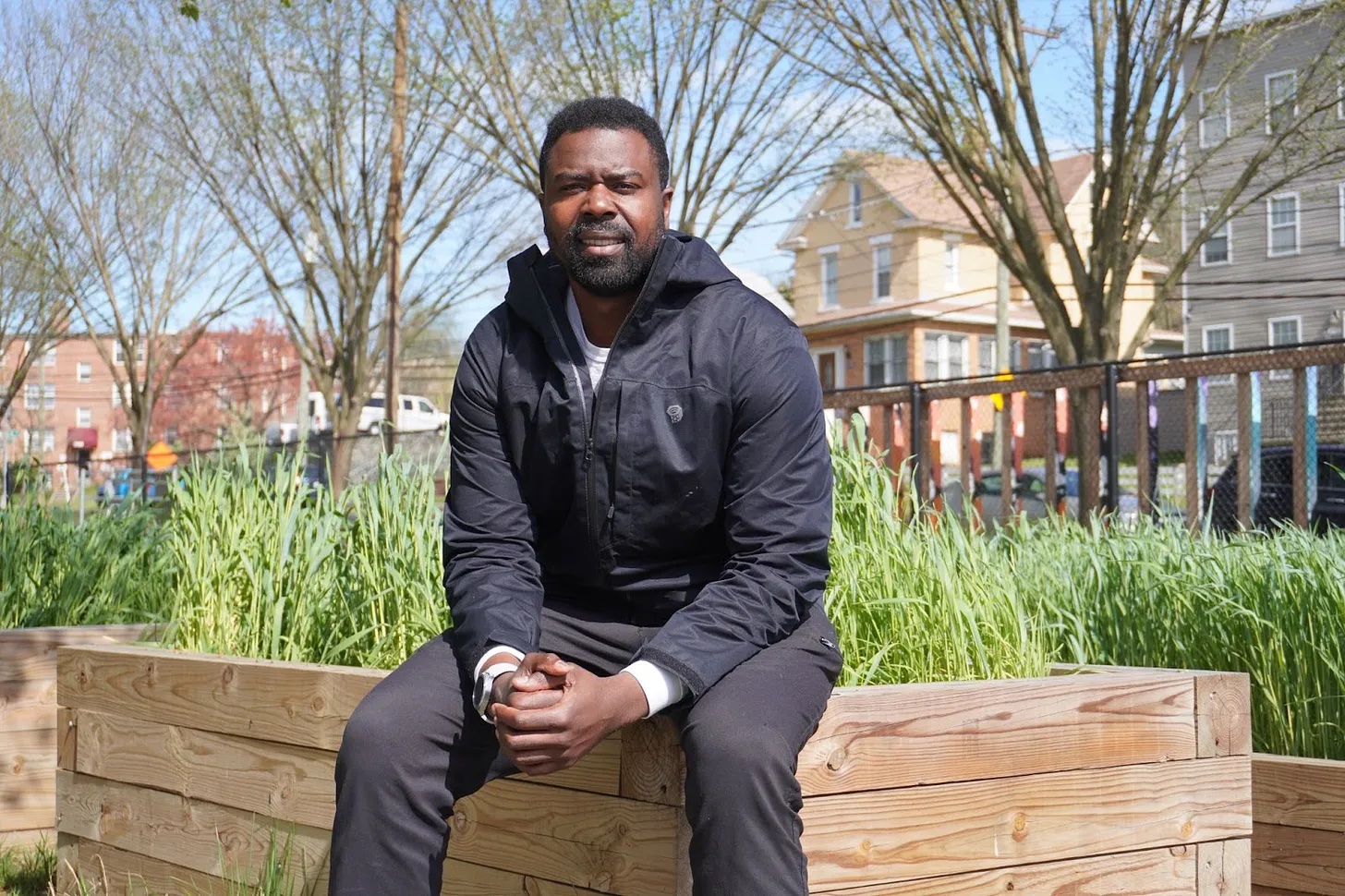
When he saw that he could combine his interest in gardening and love for community engagement, he too hopped on The Well bandwagon.
“The Well is a beautiful concept,” Rominiyi said. “I feel most alive when I’m doing community work.”
Bridgers, Rominiyi and Guerrero have all dedicated their time to community building at The Well. They find exceptional meaning in their work and feel “blessed” to be a part of it.
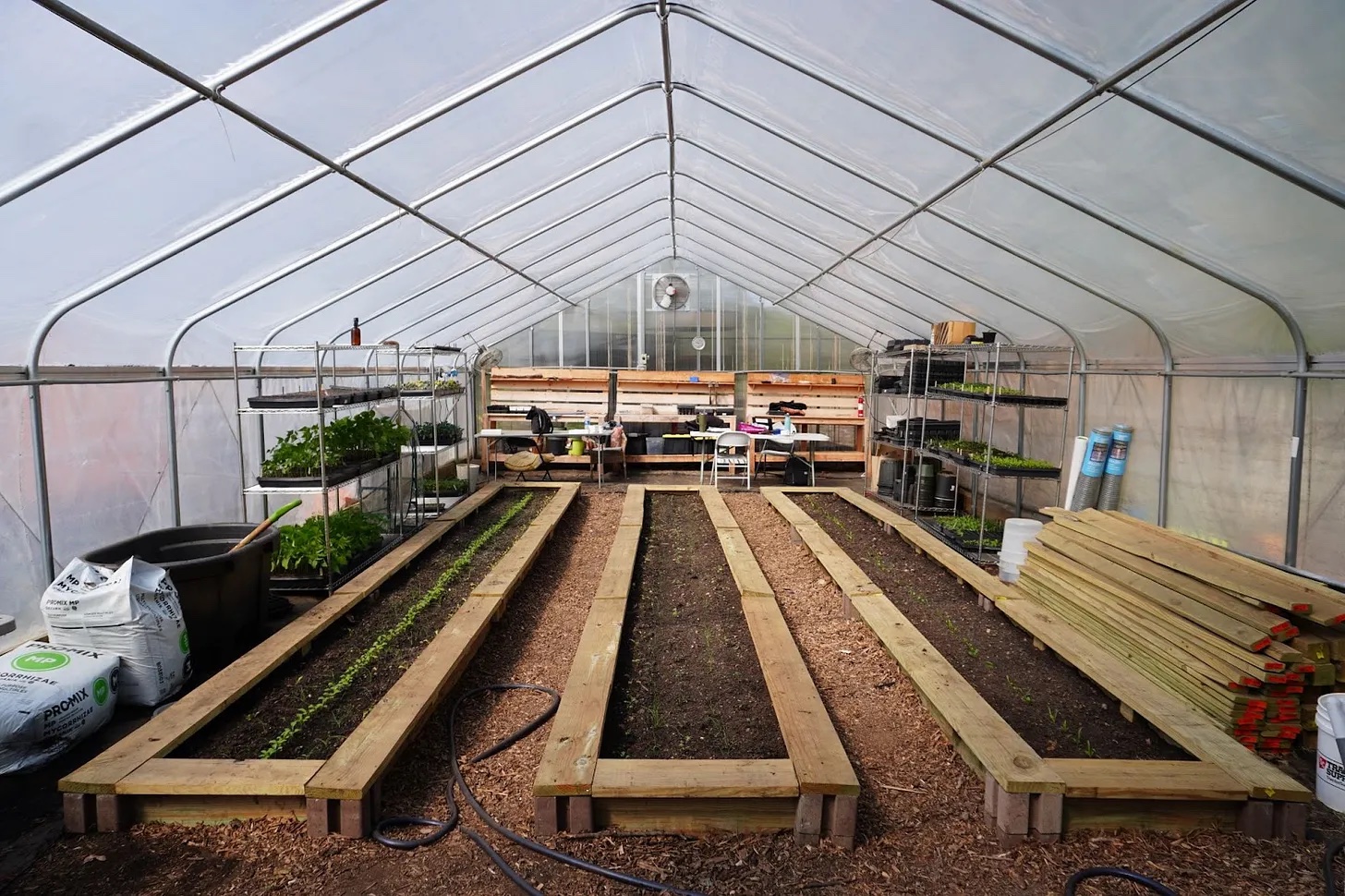
One of Bridger’s favorite parts of the job is handing out homegrown pumpkins to families at The Well’s fall festival.
“Being able to shift people’s mindsets about their interactions and processes with food is a pleasant thing,” Bridgers said.
Guerrero mentioned that picking just one of her favorite instances is like going through a “cabinet of memories.” She mentioned a grandmother who routinely brings her two grandchildren.
“Her two granddaughters run to come and hug me,” Guerrero shared. “Those moments are really special. That I get hugs from community members is important,” Guerrero said.
Guerrero added she thought she would never find a job like her’s at The Well. In college, she had a professor who told her she was going to have to “swallow” the fact she would have to work in an office cubicle.
“I’m just proving him wrong!” Guerrero exclaimed. “My office is a farm!”
At The Well, Rominiyi formed a life-long connection with Absalom Jordan, the chair of Friends of Oxon Run Park. When they first met, Jordan physically embraced Rominiyi and gave him “wisdom” that he explained would last long beyond his days at the farm.
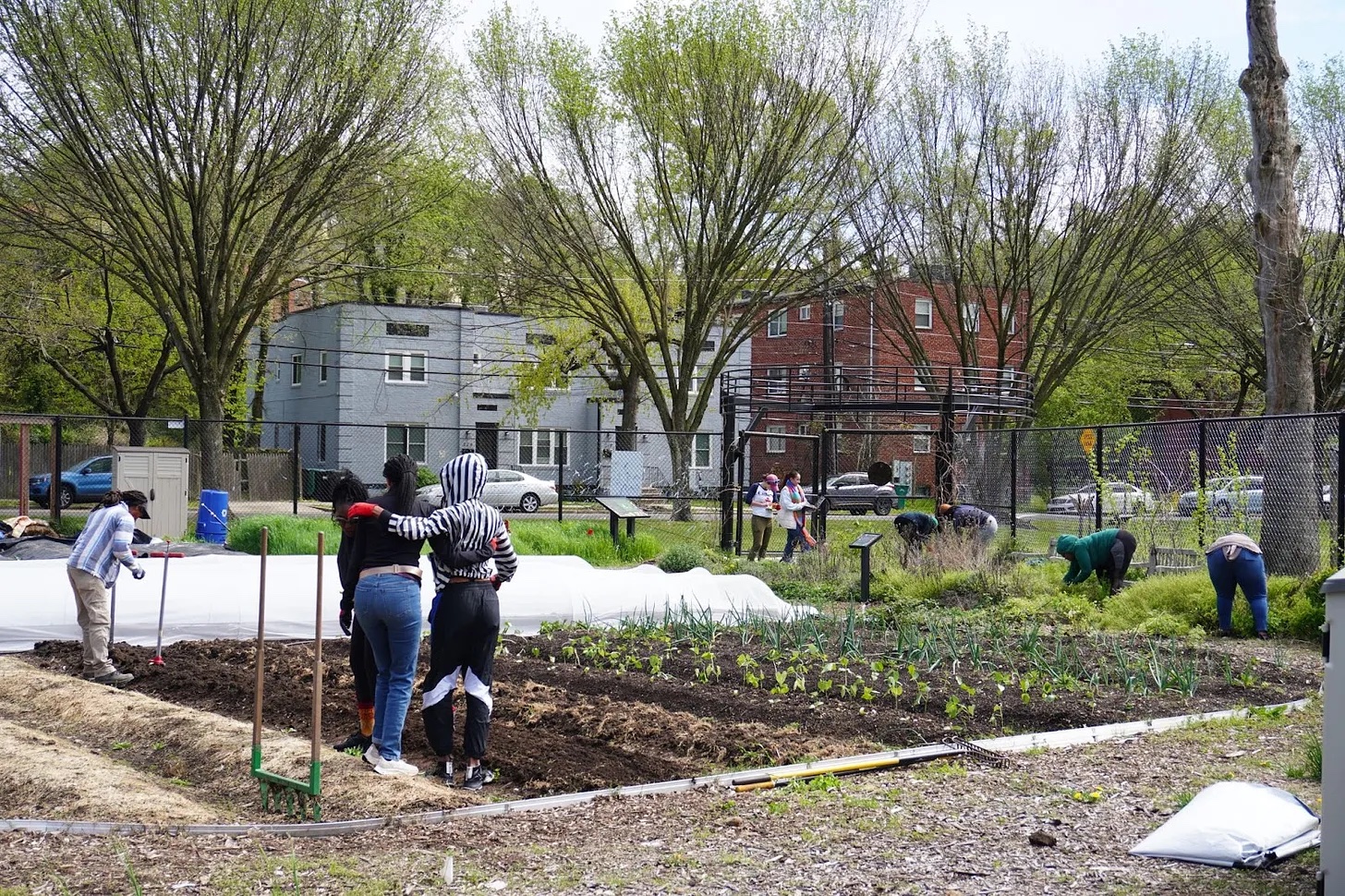
“He always comes and calls me a brother and wishes me well,” Rominiyi shared of Jordan.
Even though Rominiyi believes The Well has done a lot of work, he knows there is more to do. Rominiyi said there must be stronger efforts to decrease food apartheid in Ward 8 by opening more full-service grocery stores and other resources like The Well.
“We feel good about what we’re accomplishing,” Rominiyi said. “But ultimately we know that this work doesn’t stop.”